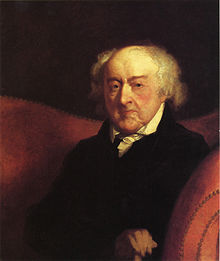
People have never lived so long. In the 20th century, life expectancy in some developed countries rose by more than 35 years. At the same time, age-related disorders have become the leading causes of death. But how well do we understand aging, and what this means for our society.
Even more important than life span, however, is the concept of health span—survival into old age in the absence of major disabilities. It is well known that the incidence and morbidity of most diseases increase with age. However, as our life expectancy rises, can we discover ways to live our lives free of frailty and debilitating chronic conditions?
A group of researchers at Brown came together to launch the Center on the Biology of Aging, whose goal is to study human health span. These efforts, representing an emerging academic discipline, have the potential to transform human health and life.